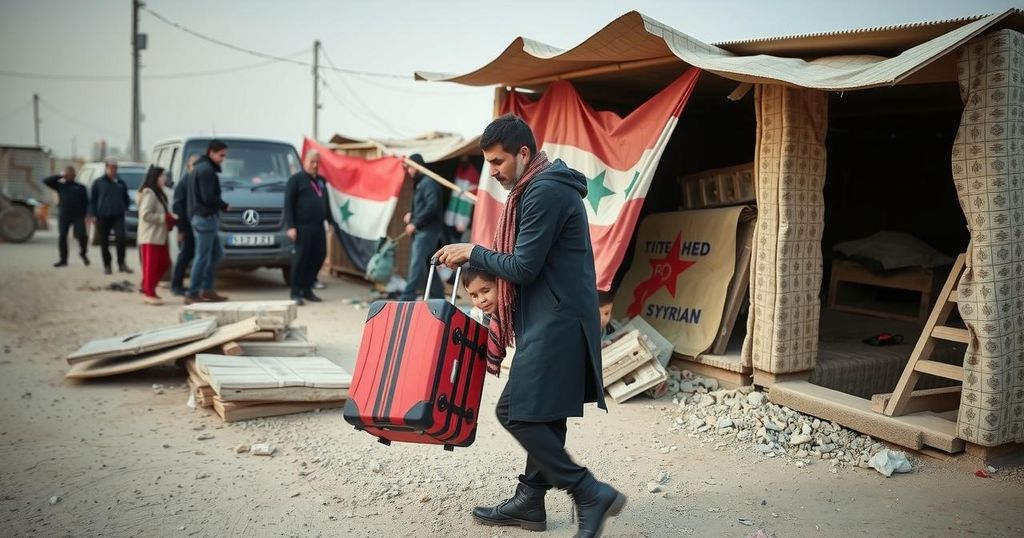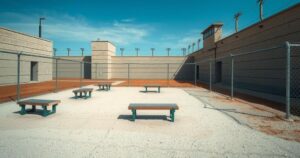Syrian Refugees Return Amid Political Changes and Ceasefire Agreements

Syrian refugees begin returning as a new interim prime minister is appointed, and a ceasefire between Kurdish and Turkish-backed forces is established in Manbij. Despite the progress, violence continues unabated in certain areas, with international implications unfolding, including the ongoing presence of US troops and confirmed reports of Bashar al-Assad in Russia.
Recent developments in Syria have witnessed Syrian refugees beginning to return to their homeland as the rebel forces that overthrew President Bashar al-Assad work towards establishing a new governance. This movement comes at a critical juncture, marked by the appointment of a new interim prime minister supported by the rebels. Furthermore, a ceasefire has been reached in the northern city of Manbij between US-backed Kurdish forces and Turkish-backed rebels, aimed at ensuring civilian safety. The latest reports highlight ongoing violence in the region, with significant casualties between rival factions, while international dynamics continue to evolve, including the presence of US troops in Syria and the confirmation of Bashar al-Assad’s location by Russian authorities.
Syria has been embroiled in a protracted civil war since 2011, following widespread protests against the Assad regime. The conflict has resulted in a historic refugee crisis, with millions fleeing to neighboring countries and beyond. As rebel groups have gained control over certain areas, a complex array of power dynamics has emerged, reflecting tensions among various factions, including Kurdish forces and Turkish-backed groups. Recent events have initiated a renewed discussion around the possibility of repatriating refugees and stabilizing the region post-conflict.
The current situation in Syria remains volatile, with refugees cautiously returning home amid shifting political landscapes and continued hostilities. The ceasefire in Manbij may provide a temporary respite, but the underlying challenges persist. As international actors navigate these developments, the urgency for sustainable peace and the rebuilding of war-torn communities is paramount.
Original Source: www.france24.com





